As school campuses begin to reopen, a debate remains open across the nation: what to do about unvaccinated students. The U.S. Food and Drug Administration recently authorized COVID-19 vaccine distribution for 12- to 15-year-olds, and it could soon be available for younger children, according to the L.A. Times.
Generally, grade schools have remained out of the spotlight for COVID outbreaks, considering the low transmission rate and death rate among children, according to Dr. Kari Steffanson who was interviewed by TODAY. High schools and universities, however, face a different scenario.
Stories of outbreaks among prominent colleges and universities, such as the University of North Carolina Chapel Hill, which tried to reopen as early as last fall, dominated 2020 news cycles, as covered by CNBC. After much political controversy and trial and error, America had finally adopted safety measures to slow the spread, transferring to hybrid or online classes.
Early on in the pandemic, many determined that the main goal would be to wait for a vaccine and develop herd immunity across the United States’s population. After a year’s wait for Operation Warp Speed, three different vaccines emerged. Yet, vaccine rollout still must conquer widespread fears and uncertainties that may slow the time it takes for populations to reach herd immunity.
According to Vox, 70-80% of a population must be vaccinated to reach the point of herd immunity. L.A. County may hit herd immunity by the end of July, according to the Times.
A poll by the Associated Press-NORC Center for Public Affairs Research shows that 32% of Americans would probably or definitely will not receive the vaccine. With such high resistance, it is imperative that the nation’s institutions incentivize vaccine rollout, however, they can, for the benefit of all of us.
Mandatory vaccination has been practiced in the majority of the United States ever since smallpox outbreaks in the 19th century, according to History News Network. To ensure herd immunity and mandate vaccination, most state governments require progressive immunization for children to continue enrollment in public schools, the specifics of which can be found on ProCon.org.
The CDC tracks 51 states plus Washington D.C. that require vaccinations for public school students and daycare facilities and 47 states that require vaccinations for private school students. Controversies have arisen in the past leading to some states implementing exemptions for religious and philosophical objections to vaccinations.
However, CDC data shows that even of the 34 states that allow exemptions for religion and five states that allow exemptions for religious and philosophical objections, 32 states allow exempted students to be excluded from enrollment during an outbreak. Naturally, this has established the precedent of a tradeoff: Parents are entitled to reject vaccinations for their children but may have to keep them at home in the event of an outbreak for others’ safety.
Due to the high transmission rates of COVID and the scale of the pandemic, it would not be out of the ordinary to mandate that students returning to in-person instruction at high schools and universities would need to be vaccinated, as the vaccine is approved for these age groups.
Furthermore, the past year of online learning has already provided many institutions with an alternative teaching method at least until herd immunity is reached, albeit less effective and favorable, for these students.
If school policy would be to shut down in-person learning completely if an outbreak were to occur in a school, would it not be unfair to other vaccinated students to halt their education too?
With 261 million vaccine doses already administered, according to NPR, there should be plenty of time between now and August to fully vaccinate every American that wants the vaccine. For now, as we struggle to break free from the pandemic, the precedent should stand. Schools must prioritize a return to normal, entirely in-person learning for the majority of students whose presence does not increase public health risks.
It seems a growing number of universities agree.
According to CNN, high profile universities like Rutgers, Cornell and Brown, have already released statements stating they will expect or require staff and students in-person to be fully vaccinated. Of course, an alternative policy could be to emphasize a sense of personal responsibility as safety cautions are gradually removed.
High school and college is not only an education but a valuable experience. If only a small minority of students refuse to take a vaccine the rest of society has already accepted after a year, there should be no expectation for the majority population to compromise their rights to a complete educational experience.
Editor’s note: This article was updated on May 11 at 5 p.m. to include the most up-to-date information about COVID-19 vaccine availability for adolescents and the number of vaccines distributed in the United States.







